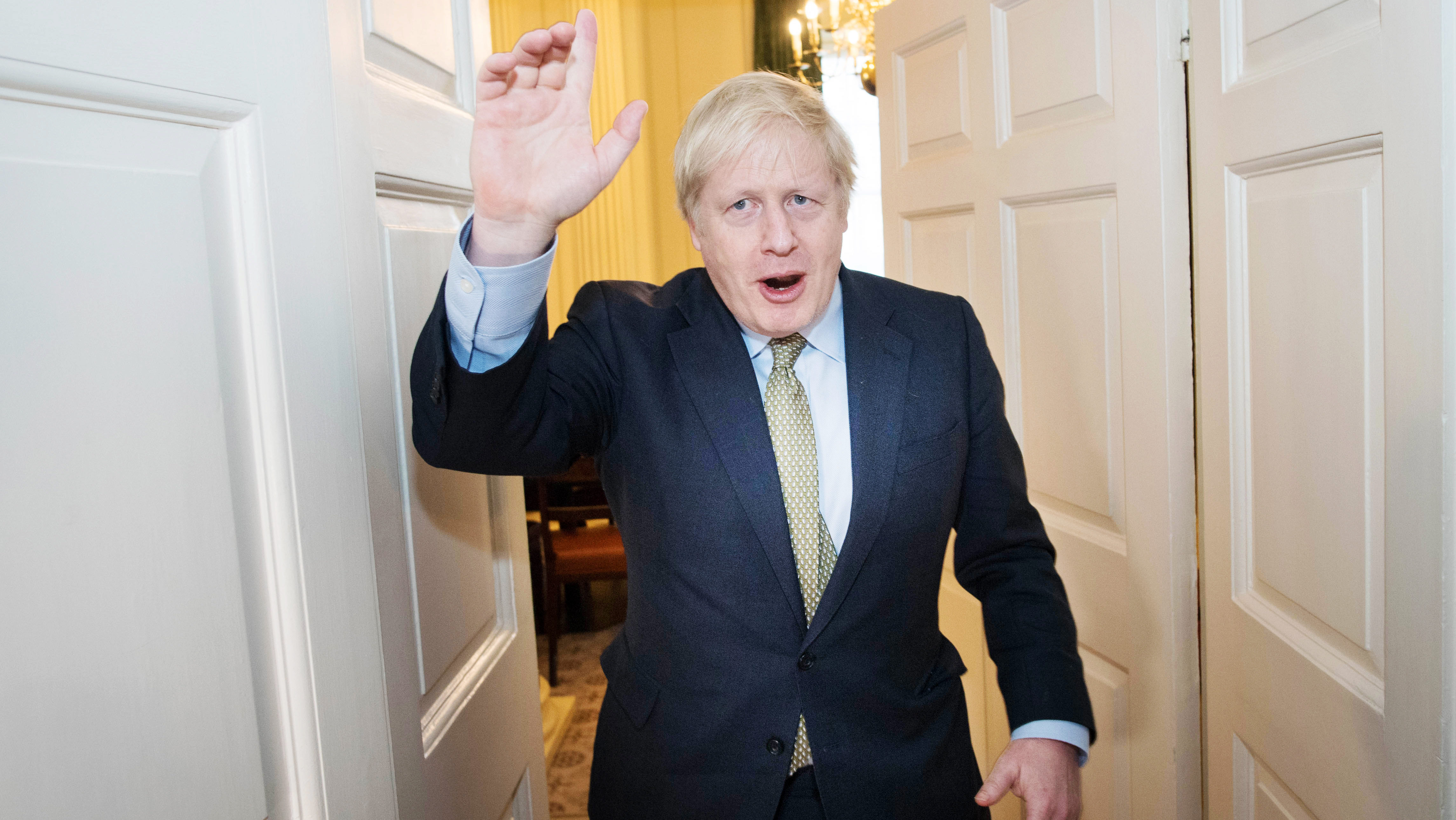On Thursday, December 12, the British electorate voted in what will likely become one of the most important elections in modern United Kingdom history. They voted overwhelmingly for Conservative Prime Minister Boris Johnson, giving his party an 80-seat parliamentary majority.
During a referendum in June 2016, 51.9% of British voters voted to leave the European Union, a process known as “Brexit.” The vote was later criticized because there was no plan for Brexit, so people didn’t actually know what they were voting for. On Thursday, the people decided again that they want to leave the European Union, and are putting their faith in Boris Johnson to make a good plan or leave with “no-deal.”
Former Prime Minister Theresa May sent three versions of an EU withdrawal agreement that were all rejected by the House of Commons. She resigned in July, leaving Boris Johnson to come up with a new plan. He couldn’t get Parliament to approve his Brexit deal, so he called for a snap election to elect a new government to hopefully make negotiating easier.
With all 650 seats in the House of Commons being in contest, Thursday’s election resulted in a landslide victory for the Conservative party with an 80-seat majority. The result means Johnson is still the Prime Minister, and responsible for the UK leaving the European Union by January 31, 2020. Johnson will use his now large majority to get his Brexit deal passed so he can meet his deadline. It’s highly likely he will be able to go ahead with Brexit.
The opposition Labour Party, with Jeremy Corbyn at the top, wanted to renegotiate the agreement to separate the UK from the EU, but leave a close relationship, rather than “no-deal.” They would then hold a referendum like the first one in June 2016, with a stay-or-leave question. If the Labour Party got a majority in the election, Corbyn would have become the Prime Minister. While unpopular Boris Johnson was at minus 12 in the YouGov approval rating polling, Corbyn was at negative 40. Corbyn says he will step down following his defeat in the election.
The EU government in Brussels warns that a comprehensive trade deal cannot be agreed on before Johnson’s proposed trade deadline of December 2020, and makes a dangerous “no-deal” more likely. Johnson said he will redraft a withdrawal agreement with a “Canada-style” free trade agreement where the UK won’t have to listen to EU rules on trade. Roughly half of the UK’s trade is with the EU, compared to under a fifth with America. If the UK and the EU are unable to create a trade deal, they will revert to international standard World Trade Organization terms. Meaning high tariffs, quotas, and regulatory checks, creating disruption to supply chains and economies on both sides. The United States may actually become a bigger trade partner while a trade deal is negotiated.
Besides problems across the English Channel, Johnson also has internal problems incoming. The Scottish National Party has won 48 of the country’s 59 seats in Parliament. The head of the Scottish government, First Minister Nicola Sturgeon said Thursday, “There is a mandate now to offer the people of Scotland the choice over our own future,” and said that Boris Johnson cannot take Scotland out of the European Union. (The United Kingdom is known as a “country of countries” where the countries England, Scotland, Wales, and Northern Ireland are united.) Scotland initially voted 62% to remain, and the recent general election makes it even more clear that a majority of Scottish people want to remain in the EU. Scotland may vote for independence in a referendum from the UK so they can join the EU.
It’s also been hypothesized by some that Brexit may eventually lead to Irish reunification after border issues have come up between Northern Ireland and EU member Ireland. While Johnson is likely going be successful in getting the UK out of the European Union, he may also be responsible for the end of the United Kingdom, which has kept Scotland and England together since 1707.
Sources:
https://www.bbc.com/news/election-2019-50776671
https://www.bbc.com/news/election-2019-50786580
https://www.vox.com/world/2019/12/13/21004755/uk-election-2019-jeremy-corbyn-labour-defeat
